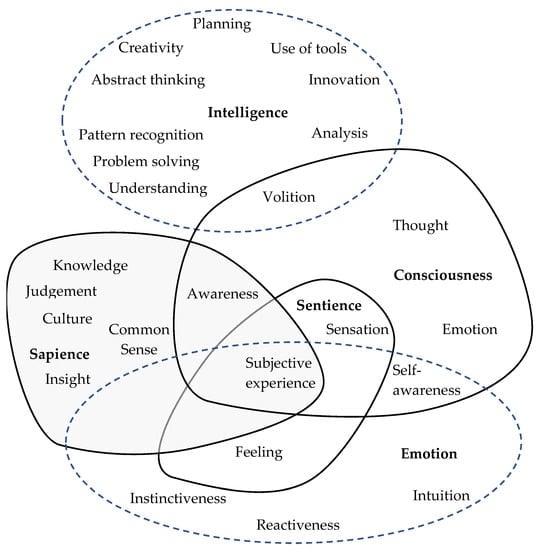

Not many.
Yes, literally every single person on this planet can recite a song or poem.
But there are naturally massive differences between a human brain and an LLM. The point I was making is that an LLM doesn’t copy and store books and articles wholesale. The ability to reproduce samples from the dataset is more of a quirk than a feature, in the same way that a person can memorize things.





Long time “old-school” kernel maintainers don’t know Rust and don’t want to learn Rust (completely fair and reasonable). But some of them don’t want to work with the Rust guys for lots’o’technical reasons.
It’s by far not an easy situation technically. Like this is a huge challenge.
But some of those old-school C guys are being vocal about their dislike of Rust in the kernel and gatekeeping the process. This came to a head at a recent conference (Linux Plumbers Conference?) and now one of the Rust maintainers has quit.
The big technical challenge is being confounded by professional opinions.